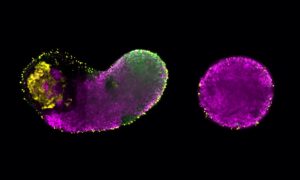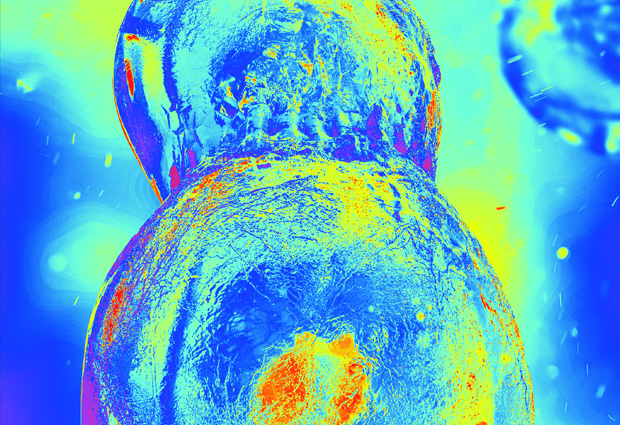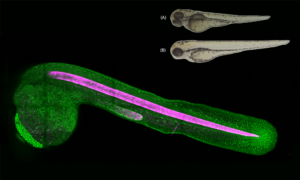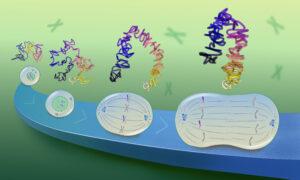
Protein stability and solubility during cell cycle
EMBL scientists uncover large solubility and thermal stability changes of proteins during cell cycle

The cell cycle is a highly dynamic process that is essential for cell proliferation. During different phases of the cycle, proteins are regulated differently. In a study published in Cell, Mikhail Savitski – together with the Bork and Beck labs at EMBL Heidelberg – systematically studied the amount of different proteins during six phases of the cell cycle. They also measured the proteins’ solubility and thermal stability: how readily proteins dissolve in solutions, and how stable their structure is at different temperatures.
By using quantitative mass spectrometry, the researchers demonstrate high variation in both protein solubility and thermal stability during the cell cycle. Most changes occur in mitosis and G1: the first phase of cell division. Strikingly, a large number of intrinsically disordered proteins, which lack a fixed 3D-structure, become more stable and soluble during mitosis. These results provide a resource for scientists studying protein regulation during biological transitions.


